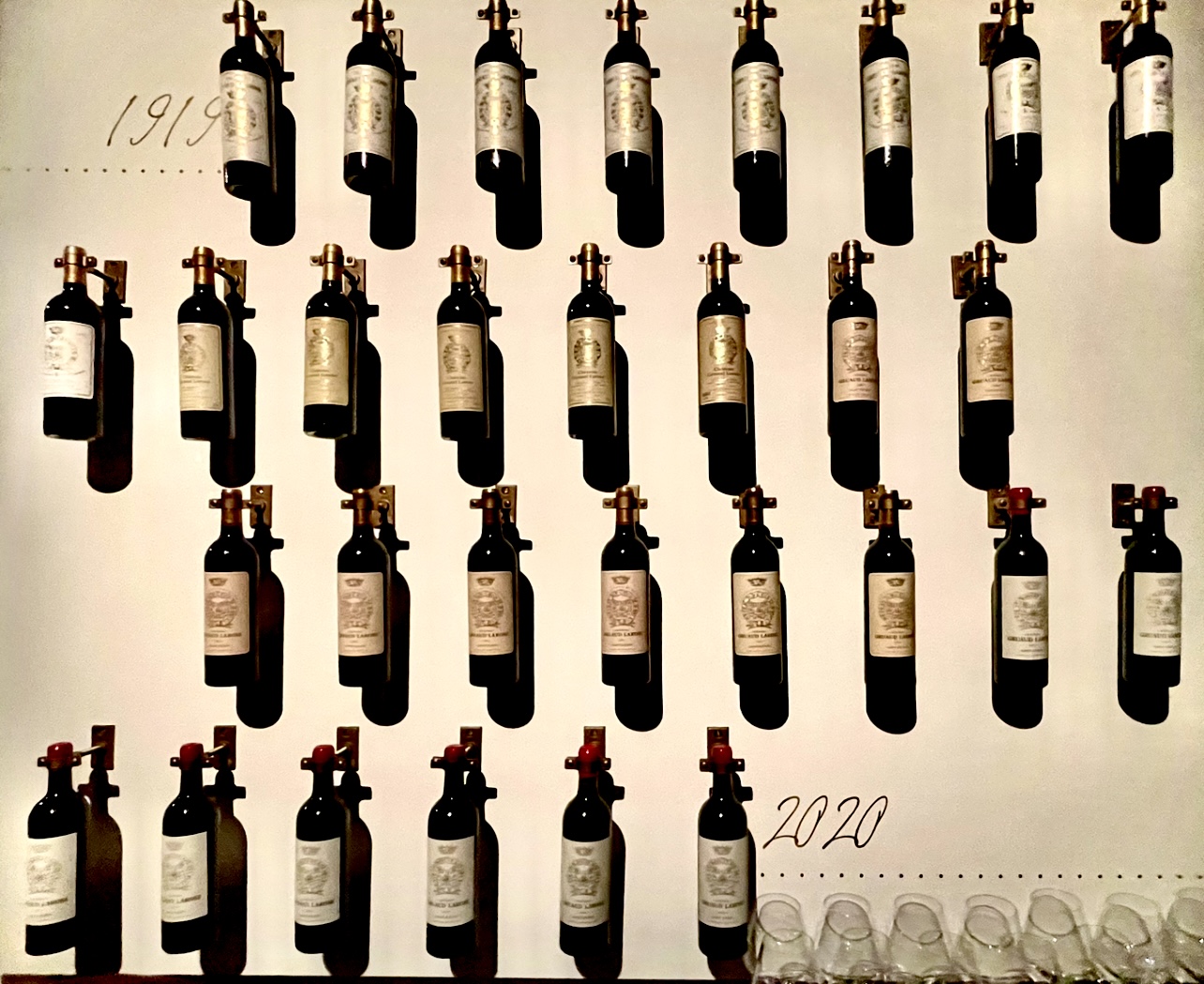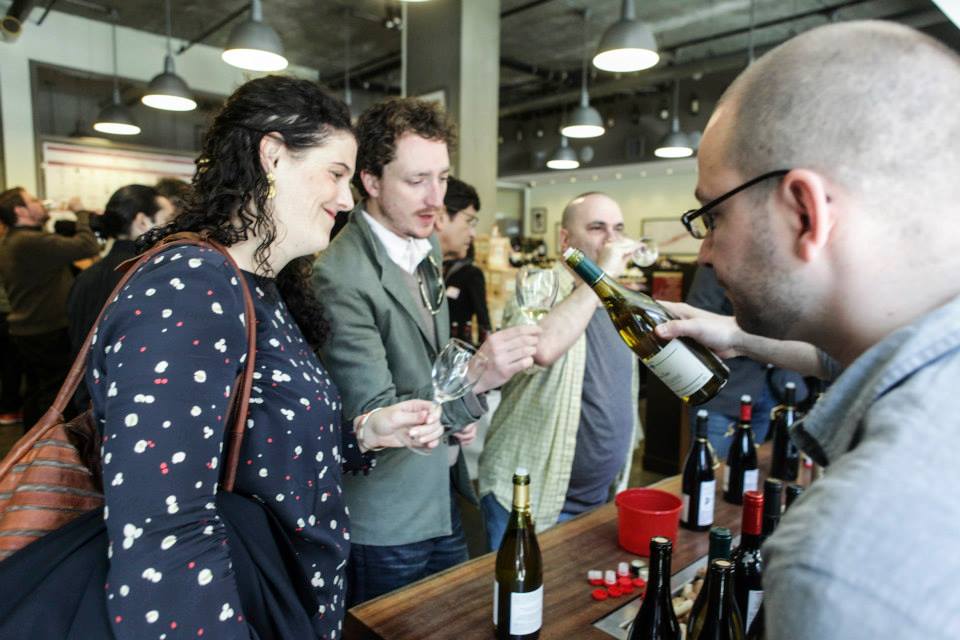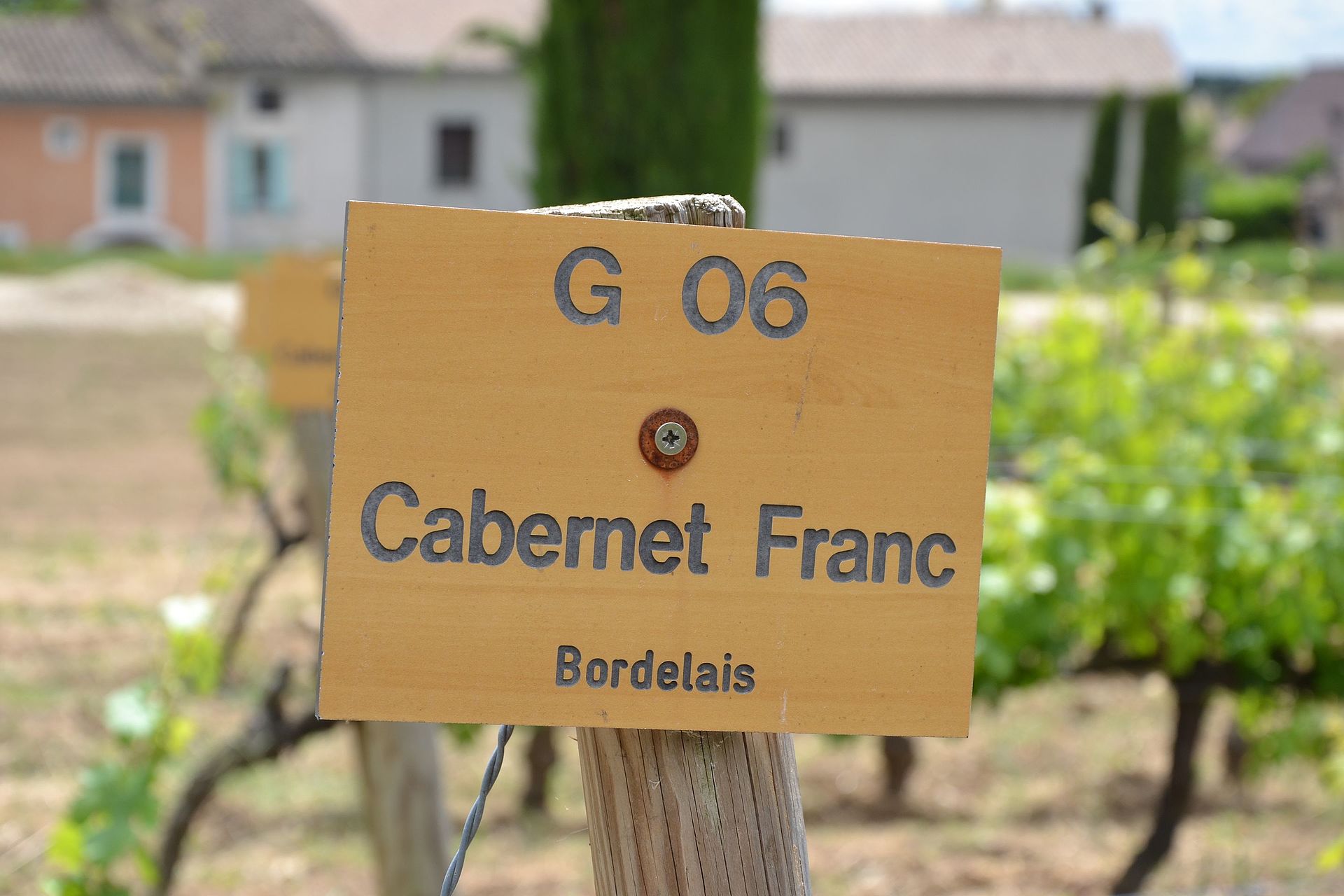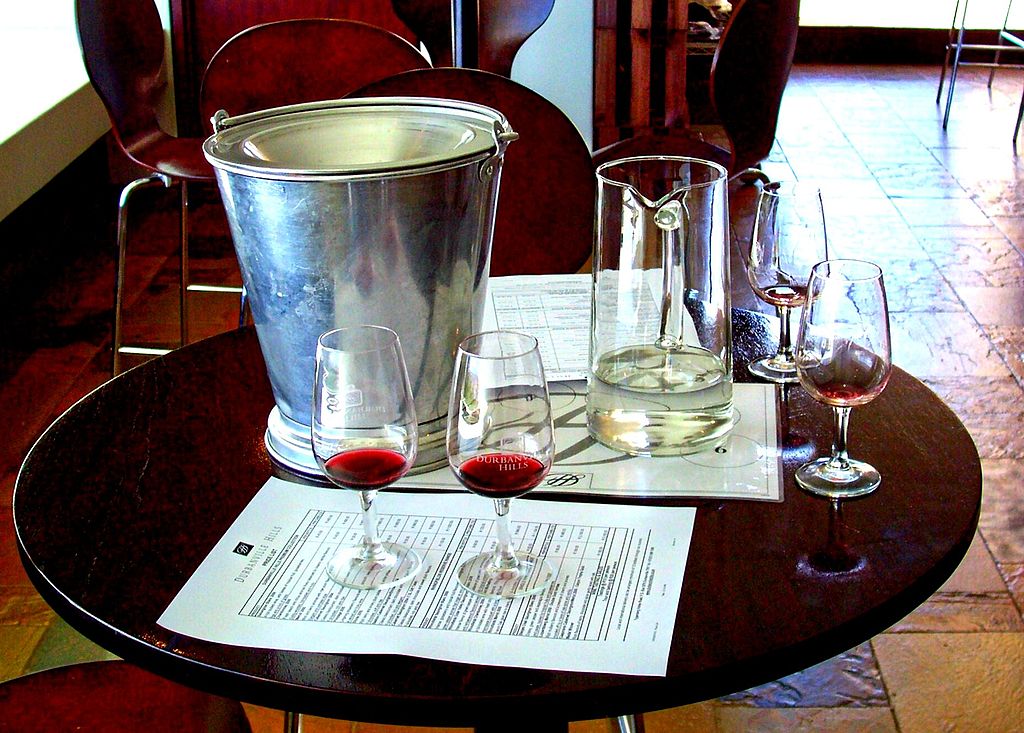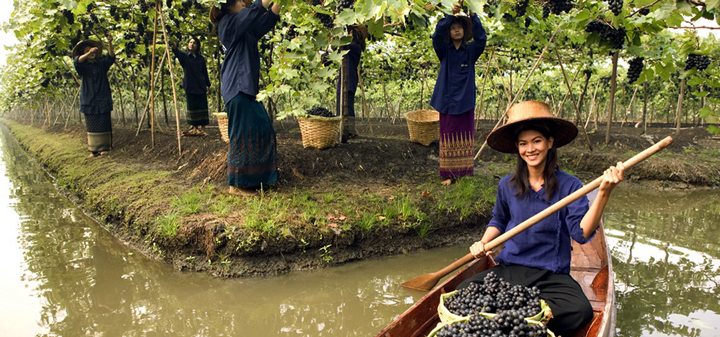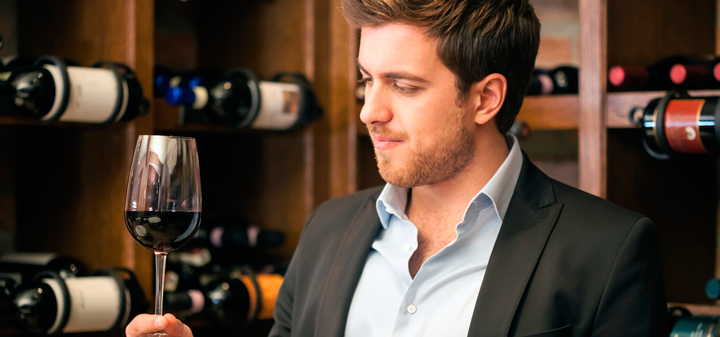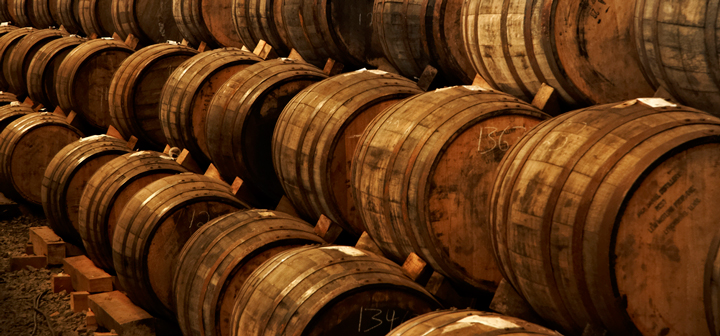How should one approach a rare wine tasting of Bordeaux vintages ranging from four to 105 years old?
Nicolas Sinoquet, CEO of Château Gruaud Larose, advises against having expectations; instead, one should accept the wines as they are and reflect on the personal memories they evoke. Beyond taste, he says that older wines can connect us to history and provide a moment for reflection. Sinoquet suggests trying the wines and discussing your thoughts without worrying about sounding foolish, as there is no right or wrong when talking about wine.
Founded in 1725, Château Gruaud Larose is one of Bordeaux’s oldest wine estates. Situated in the Médoc's Saint-Julien appellation, it is among the fifteen Second Cru Classés, a top-quality designation from the famous 1855 Bordeaux wine classification.
Only four families have led Gruaud Larose during its nearly 300-year history: the Gruaud & Larose families, the Balguerie and Sarget families, the Cordier family, and, since 1997, the Merlaut family. Under Sinoquet's leadership, the chateau continues to evolve while respecting its longstanding heritage.
 During a media event in New York City hosted by Sinoquet, guests tasted 30 Gruaud Larose vintages dating from 2020 to 1919. This extraordinary tasting, where every vintage, even the oldest, proved lively, was a unique journey through time.
During a media event in New York City hosted by Sinoquet, guests tasted 30 Gruaud Larose vintages dating from 2020 to 1919. This extraordinary tasting, where every vintage, even the oldest, proved lively, was a unique journey through time.
Before the tasting, Grape Collective talked with Sinoquet about evaluating younger versus older wines and whether to decant the older ones. Other topics addressed included the chateau's use of organic and biodynamic methods and the effects of climate change.
This is an amazing experience tonight, tasting Gruaud Larose vintages over a hundred years old. I don't think I've ever tasted wine that old. What can we, your guests, expect to experience? And what should we be looking for?
Don't expect anything. Take the wines for what they are. Some will be fresh, and some will seem old. The only thing you need to do when you drink those old wines is to be patient and to be connected with yourself. The old wines are not necessarily the tastiest wines that you're going to try, and you need to intellectualize what you are drinking. Say, "Okay, this wine is 20 years old. What does it remind me of when I drink it? Does it remind me of my grandmother? Does it remind me of, I don't know, the old house that I went to during my vacation? Stuff like that. To me, that's really a link with history. It's not about taste. To me, it's more about memory. And so you have to come fresh. If you are a specialist, you can see the link between every vintage because the size of the estate hasn't changed, so you'll see a clear line between every vintage. And there is nothing right or wrong when talking about the wines.
It's about how you perceive them, right?
Exactly.
Do you feel that out of all these vintages we're tasting tonight, the ones considered milestone vintages have gotten noticed for a reason?
There are some, the big wines, '82, '89, '90, ‘37, that are considered milestones, but then, once again, for me, it’s something very personal. The first one I tasted, for instance, or the one I had with good friends or my family in a happy or sad moment. For instance, I love the '01 or '04—they are not big wines, but I have had good moments with them. So I'm very pleased when I open a bottle. And then you are already in a good mindset, so the wine tastes better.
And when would you say, generally speaking, that the wines reach their peak maturity?
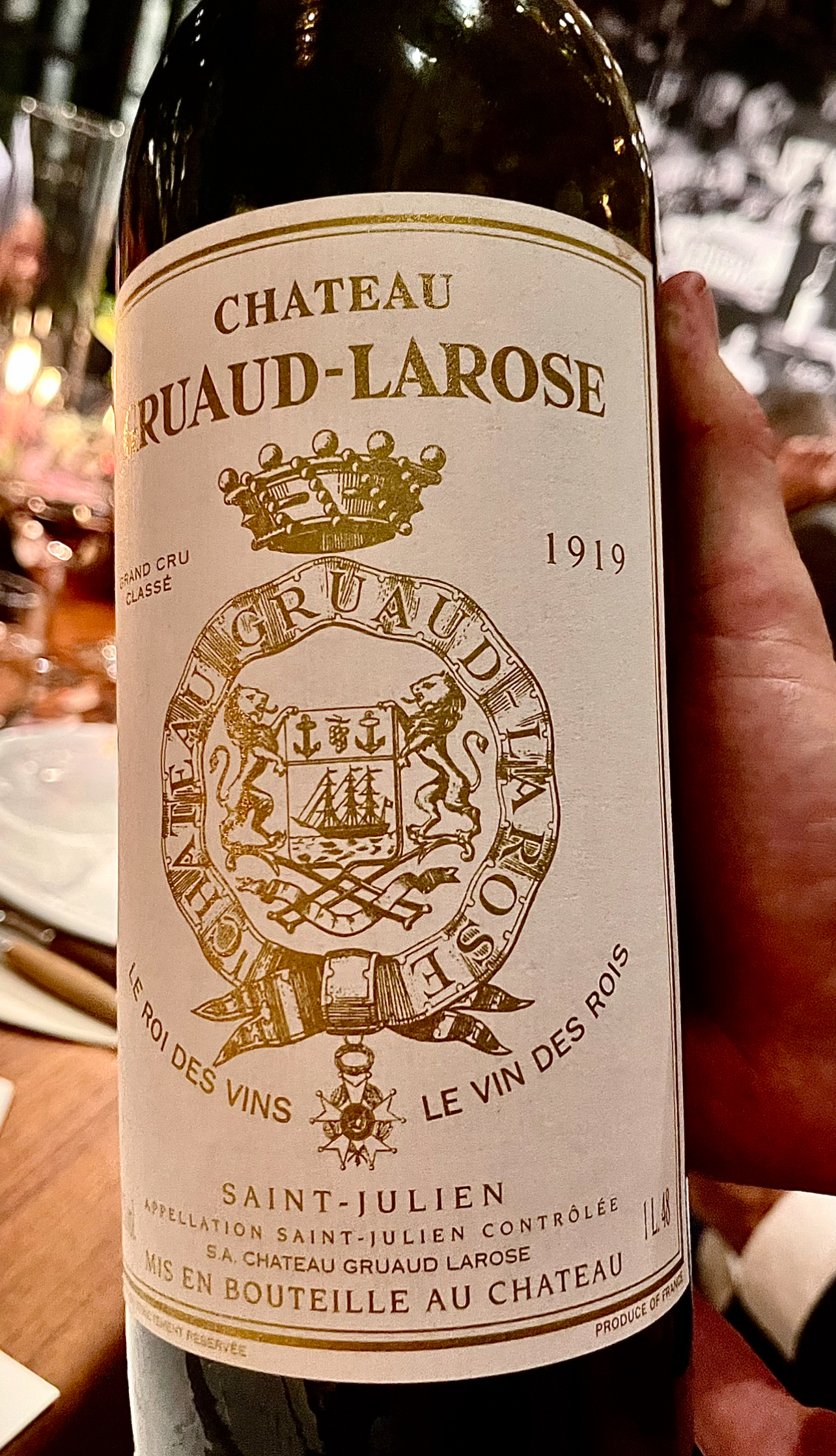 To me, it depends on what you're looking for. If you like strong berry notes, I wouldn't recommend drinking a Gruaud Larose before ten years of age. And then depending on the vintage, 10 to 30 years. And then, after 30 years, you're entering another world, and there is no end. I tasted wines that were 160 years old, and they're still alive. But they are old wines, so it's different.
To me, it depends on what you're looking for. If you like strong berry notes, I wouldn't recommend drinking a Gruaud Larose before ten years of age. And then depending on the vintage, 10 to 30 years. And then, after 30 years, you're entering another world, and there is no end. I tasted wines that were 160 years old, and they're still alive. But they are old wines, so it's different.
Do you have any tips for people who will open an old bottle of your wine? Should they decant it?
No, they shouldn't decant them because they're extremely fragile wines. The ones that you're going to try, for instance, tonight, we just opened them. You open and drink them in an hour or two but don't decant them. You decant only the young ones because they need some air.
Do you like to taste the older or younger vintages first?
We met with about 80 people earlier today, and they all asked me the same question. My answer is that it's up to you. I taste the young ones first. Tonight, for dinner, we will start with the young ones because that's my choice. Many people start with the old ones, saying, "My palate is fresh, so it's going to be easier for me to taste those fragile wines."
So it’s another personal decision.
Exactly.
Lisa Denning: You’ve been the CEO since 2012. What direction are you taking this historic chateau?
Nicolas Sinoquet: I would first say that we try to continue what has been done in the past. I consider that we are only here for a short period of time, even if it's 30 or 40 years. And we don't own the estate; we just lend it to the next generation. So we ensure that we will not destroy the estate or do crazy stuff. And then what I want to do is to be more precise in the way we work. That’s the main objective. I think of Gruaud Larose as a hand-cut diamond.
And because of the terroir we've got—it's an exceptional terroir—probably one of the most beautiful terroir in the Medoc. And doing this, sometimes you don't make the extra effort to ensure your wine is exceptional. So what I wanted to do first is to make sure that we're making this effort, being more precise and more modern in the precision of the wine and then move to organics.
When you talk about more precision, you're talking in the vineyards and the cellar?
Everywhere. So, one generation left the estate, the vineyard manager, and the winemaker. Then, we brought some new people in with a new vision and better school knowledge. We were making great wine before, but now we can explain why and be more precise.
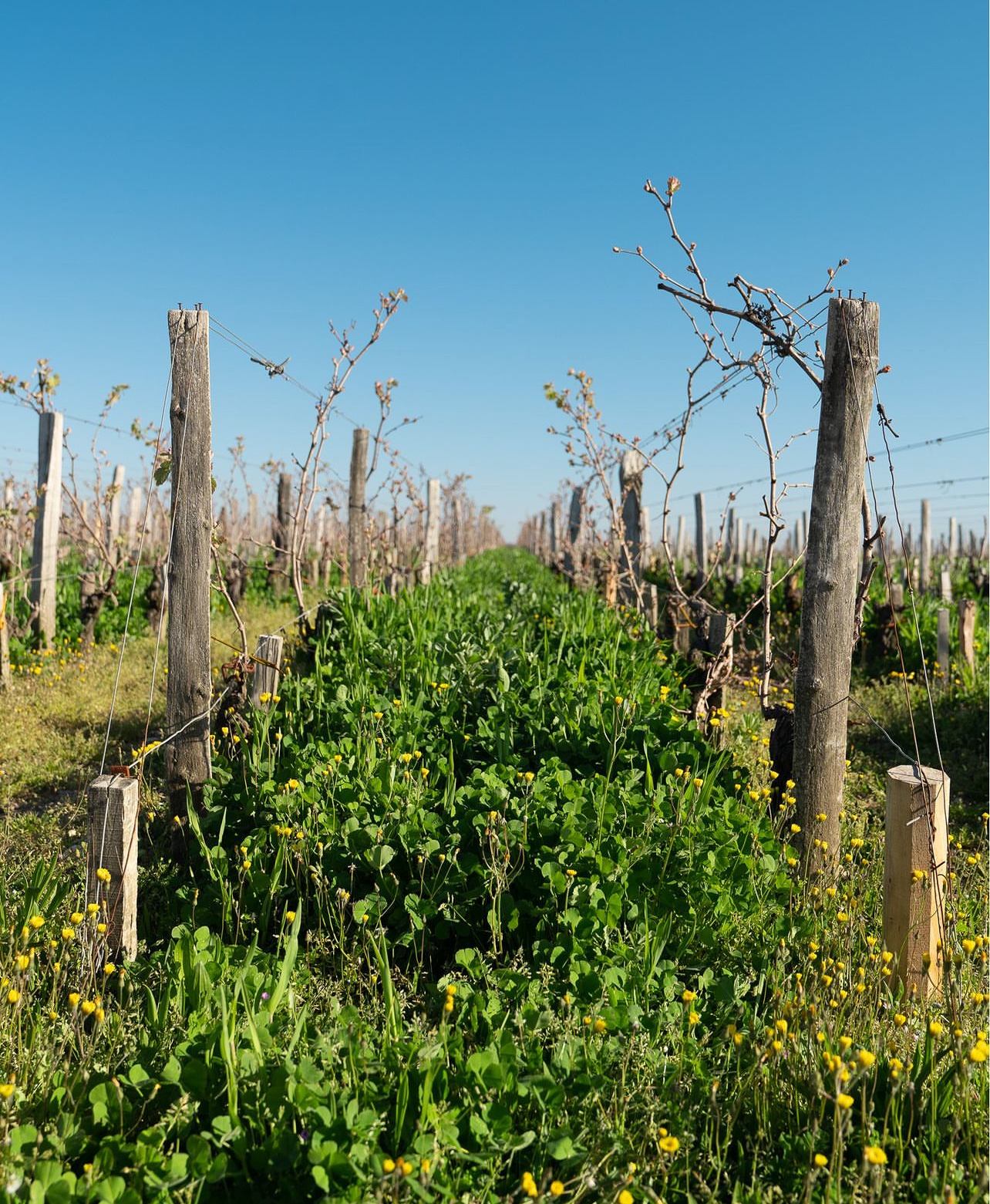 What is your winemaking philosophy?
What is your winemaking philosophy?
Precision and making classic and elegant wine. We don't want a wine that doesn't fit the terroir. We don't extract too much, for example. We respect that terroir is a big thing. It's not trendy. But being well-balanced. Sometimes, people in wine consider themselves artists, but we are more like craftsmen. We just use what we have and try not to transform it but to reveal it, and to shape what we've inherited from the site.
Are you certified organic?
Yes. We are certified since 2022. This has also changed how we see the vineyard and our relationship with our environment, meaning the soil, the people, and our long-term relationship with the estate. To me, that was the main thing.
You've also embraced biodynamic practices in the vineyards. Have you noticed a difference in the wines since starting?
Honestly, I don't know. Because there are so many things that impact your vineyards, meaning the climate, the soil, the way you work, the people you work with. So, moving to organics was a big step. And then biodynamic, I don’t know. We are not certified, so we are working on it. To me biodynamic, part of it is bullshit, part is not. But it's more linked with your personal experience and because it's different from one vineyard to the other. And so we have to be extremely humble when it comes to biodynamic or organic. We need to learn. So you go step by step. And I think our wines are more lively than they used to be. But is it because we changed some stuff? Is it because of the organic? Because of the way we work, the people who are working with us? I don't know. It's multifactorial. I'm sure there is some impact. Of course, there is some.
So it's one of those things where time will tell.
Exactly.
People will be doing a tasting one hundred years from now, and hopefully, they will know.
Maybe they’ll say what a nightmare the ‘22 and ‘23 are! [Laughs]
Let's talk a little bit about climate change. Are you addressing that in the vineyards, in the cellar?
No, not yet. Right now, climate change is obvious, but it has positively impacted Bordeaux wine. The Cabernet in Medoc needs more heat, so there is no problem with that in Bordeaux. Okay, fine. I think we are also taking out the leaves around the grapes. We can leave the leaves if there is too much direct sunlight or wind. So there is some methods that we are using now that we can stop and that will help with the climate change. People are trying to use new varietals and it's not doing well. It's too early. Maybe in 20, 30, 40 years. I don't know. But right now, it's too early.
So you're not doing that kind of experimentation yet?
No, what we've done is we’ve increased the size of the vines, and then you've got more leaves, and then it helps to do more photosynthesis, but it's not linked directly with climate change.
How are you engaging with today's younger consumers who are inclined to explore more unconventional wines?
I think the wine we're making is more accessible. They are not as tough as they used to be. I ...
